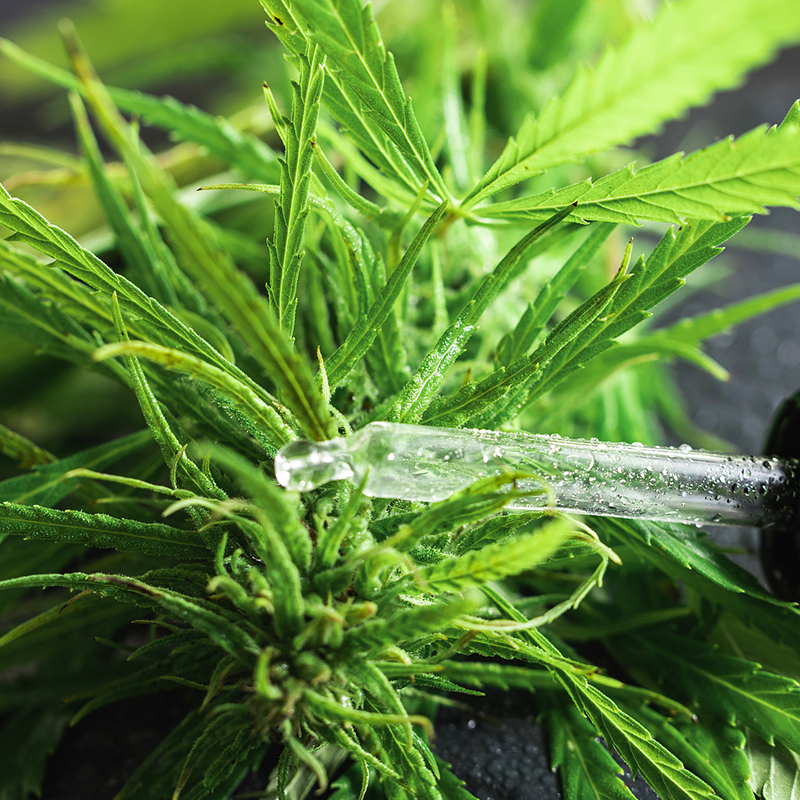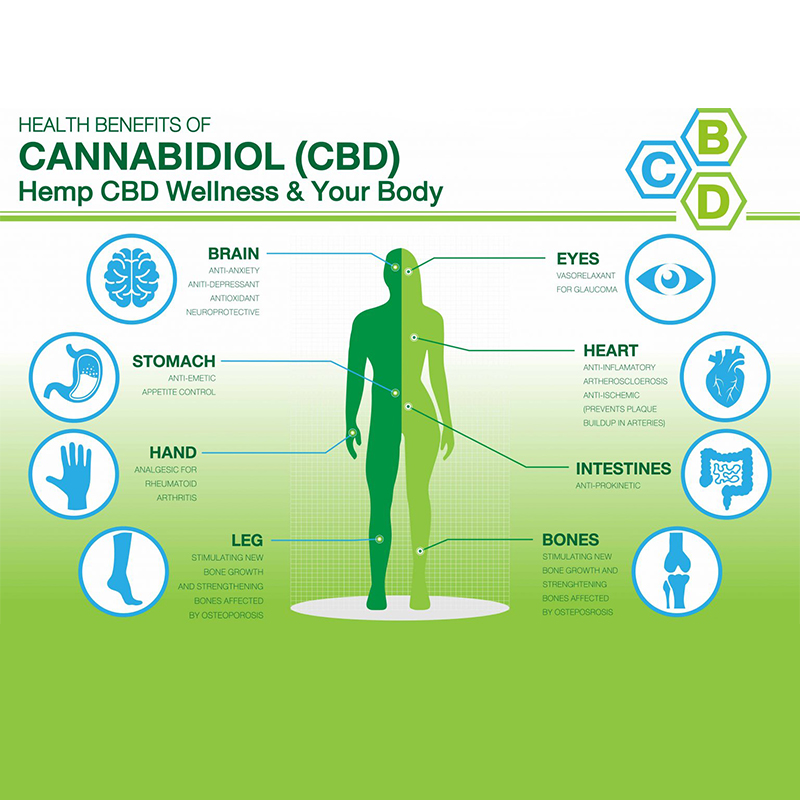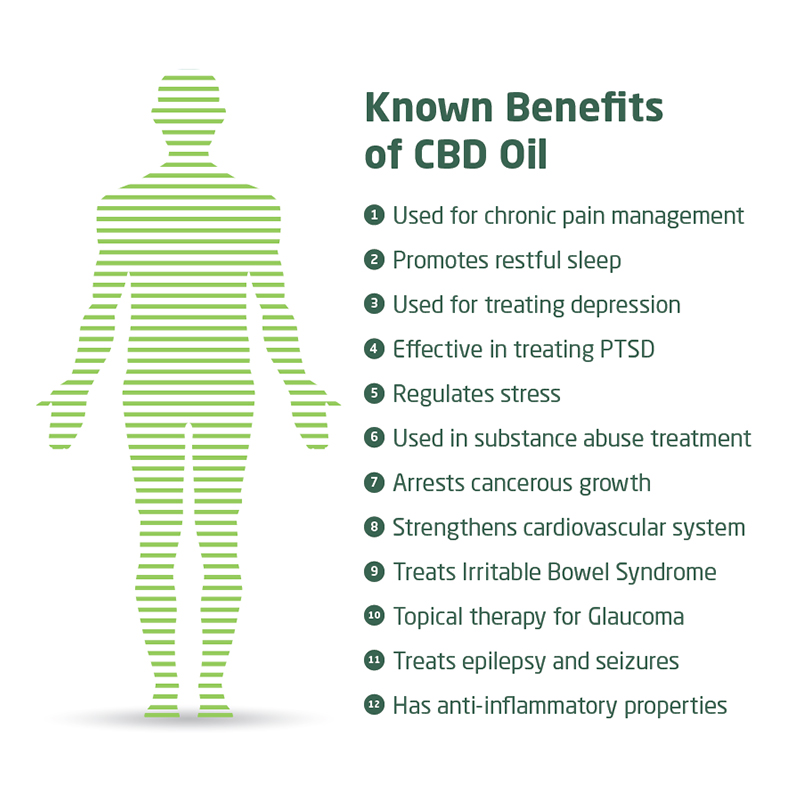Everyone feels anxious from time to time, it’s a normal emotion. For example, you might feel nervous when faced with a problem at work, before taking a test, or before making an important decision.
However, anxiety is different,it is a mental illness that causes pain that can even prevent you from living your normal life.
Types of Anxiety Disorders
Anxiety disorders are an umbrella term that includes different conditions.
[Panic disorder] You will feel a sudden fear. During a panic attack, you may experience sweating, chest pain, and heart palpitations (unusually strong or irregular heartbeat). Sometimes you may feel suffocated or have a heart attack.
[Social Anxiety Disorder] This is also called social phobia, which means that you feel extremely anxious and self-suggestive about daily social situations. You pay attention to what others say about you and whether others will laugh at you or feel embarrassed by you.
[Specific phobia] You have an intense fear of a specific object or situation, such as heights or flying. This fear goes beyond what is appropriate and may cause you to avoid ordinary situations.
[Generalized Anxiety Disorder] You feel excessive, unrealistic worry and tension for no reason.

symptoms of anxiety disorder
emotional symptoms
Emotions will become erratic, and you will be overly worried or afraid about certain things, or you will be particularly looking forward to certain things, and then feel particularly disappointed, and other negative emotions. Sometimes patients will make a fuss over some trivial matters, but some patients remain indifferent to major matters. Patients may have a feeling that death is imminent or that they are about to collapse and collapse. People with anxiety disorders often feel that they cannot relax and are always tense. His face was tense, his brows were furrowed, his expression was tense, and he was sighing.
somatic symptoms
Physical discomfort is often the early symptom of anxiety disorder, such as palpitation, chest tightness, shortness of breath, precordial discomfort or pain, rapid heartbeat, general fatigue, hand shaking, finger tremor or numbness, irregular menstruation, loss of appetite, headache Dizziness, fear and anxiety, reduced ability to live and work, simple daily housework becoming difficult and incompetent, and in severe cases, a sense of dying, etc. Such symptoms in turn aggravate the patient's worry and anxiety, thus forming a vicious cycle that seriously affects people's physical and mental health.
sleep disorder
The vast majority of patients with mild anxiety disorder also have sleep disorders such as insomnia, early awakening, and nightmares. When sleeping, excessive worrying about certain things often leads to insomnia and dreaminess.
thinking disorder
Your thinking will become confused and your speech will become unclear. It is easy to appear incoherent when chatting with others. The anxiety and fear experienced by patients are very different from reality. By reasonable standards, the anxiety-provoking event is disproportionate to the severity of the anxiety.
Anxiety disorder triggers
Anxiety disorder is a type of neurosis that exists widely in modern society and is the most common neurosis. Current research shows that there are four factors that cause anxiety disorders: genetic factors, biological factors, psychological factors, and environmental factors.
1. Genetic factors. If a direct relative suffers from anxiety disorder, the child has a very high chance of suffering from anxiety disorder.
2. Biological factors. Research shows that norepinephrine, 5-hydroxytryptamine, γ-aminobutyric acid and other neurotransmitters have a greater impact on anxiety disorders.
3. Psychological factors. If you actively respond to the stimuli in life and have a better coping method, the probability of anxiety will be lower; otherwise, the probability of anxiety will be higher.
4. Environmental factors. If the living environment is smooth, even if there are some bad psychological factors, the disease will not occur; conversely, even if you have good psychological quality, you may develop the disease.
Dangers of anxiety disorders
1. Reduce the quality of life
Anxiety disorder is a long-term negative emotional disorder that can lead to a variety of physical diseases, such as coronary heart disease, hypertension, gastrointestinal diseases and even cancer. This poses a serious threat to people's physical and mental health, quality of life and social functions.
2. Complications occur
Symptoms include continuous dizziness or temporary loss of memory, accelerated pulse, chronic or severe headaches, urticaria, unbearable emotional stress, and insomnia. Complications may also arise, including a more severe form of anxiety and depression, two common clinical symptoms.
3. Affects height
Anxiety and nervousness may cause girls to become shorter. Research shows that nervous and anxious girls are on average 5 centimeters shorter than cheerful and happy girls.
4. Infect family members
Patients’ anxiety can easily be “contagious” to them. Especially if there are children at home, children are generally extremely sensitive to the emotional state of adults. When they feel the anxiety of adults, they can easily have adverse psychological reactions.
Common treatments for anxiety disorders
Anxiety disorders are often treated with psychotherapy and medication.
1.Drug treatment
Doctors generally consider comprehensive considerations based on the patient's condition, physical condition, financial situation and other factors. It is generally recommended to take the medicine for about 1 to 2 years. Please consult your doctor when stopping and increasing the dosage, and do not adjust the drug treatment plan on your own. While taking the medicine, be sure to keep in touch with your doctor and resolve any side effects or other problems in a timely manner.
Commonly used drugs for treating anxiety disorders include imipramine, clomipramine, buspirone, venlafaxine, etc. However, these drugs have relatively large side effects. Common ones include chest tightness, drowsiness, dry mouth, nausea, vomiting and gastrointestinal disorders. They may also cause weight gain.
2. Psychotherapy
Psychotherapy means that clinicians establish a good doctor-patient relationship through verbal or non-verbal communication, apply professional knowledge about psychology and medicine, and guide and help patients change their behavioral habits, cognitive coping styles, etc. Medication treats the symptoms, while psychotherapy treats the root cause. Both are indispensable.
The most effective of these is medication, especially for patients with moderate to severe depression. So since drug treatment has so many side effects, is there anything that can replace drugs and have the same effect? CBD products currently popular in European and American countries may be able to solve this problem.

CBD is becoming increasingly popular in Western countries for its clear effects and low side effects in combating anxiety and depression.
How CBD Helps Slow Anxiety Disorders
The natural ECS, or endocannabinoid system, is found in every cell in the body and governs a large number of body functions, including appetite, memory, sleep, mood and pain perception.
CBD interfaces directly with the body’s ECS to relieve stress and anxiety in the system.
CBD also works with brain receptors, which are tiny proteins that attach to cells and receive chemical signals from different stimuli, helping the cells to respond.
CBD also alters serotonin signaling. Serotonin is a chemical in the body that plays a role in mental health. Low serotonin levels are common in depression. Lack of serotonin can also cause anxiety in some people. The traditional treatment for low serotonin is prescription selective serotonin reuptake inhibitors (SSRIs). Zoloft and Prozac are both SSRIs. For some, CBD may be an alternative anxiety management option to SSRIs. CBD intake helps change low serotonin levels that cause anxiety in humans. Therefore, proper intake of CBD plays an anxiety management role in the human body.
*Researchers believe that CBD ingestion can change the way brain receptors respond to anxiety hormones or human levels.
*CBD helps reduce anxiety by lowering stress levels and reducing the physiological effects of anxiety (such as increased heart rate).
*Intake can also help improve symptoms of post-traumatic stress disorder and help individuals sleep peacefully if they suffer from insomnia.

research and evidence
Several studies point to the potential benefits of CBD for anxiety. For generalized anxiety, the National Institute on Drug Abuse says CBD has been shown to reduce stress in animal studies. Study subjects were observed to have lower behavioral signs of anxiety. Their physical symptoms of anxiety, such as increased heart rate, also improved.
Research also shows that CBD has some benefits for other forms of anxiety, such as social anxiety disorder (SAD) and post-traumatic stress disorder (PTSD). CBD can also help treat insomnia caused by anxiety.
In 2011, a human study on CBD and its effects on SAD was published in the journal Psychopharmacology. Participants received 400 milligrams of CBD or a placebo orally. The results showed that those who took CBD doses had overall lower anxiety levels.
Another 2011 study also found that CBD can reduce social anxiety. In that study, researchers looked specifically at CBD to treat anxiety related to public speaking.
Research published in 2014 found that CBD oil had anxiolytic and antidepressant effects in animal models.
A 2016 case study examined whether cannabidiol could reduce symptoms of post-traumatic stress disorder (PTSD) and anxiety-induced sleep disorders in children with a history of trauma. Researchers found that cannabidiol reduced a child's anxiety and helped her sleep.

CBD has also been used in research into other neurological conditions. A 2016 studyTrusted Source found that CBD has some antipsychotic effects for schizophrenia.
Therefore, CBD is preferred over antipsychotics, which can cause significant side effects.